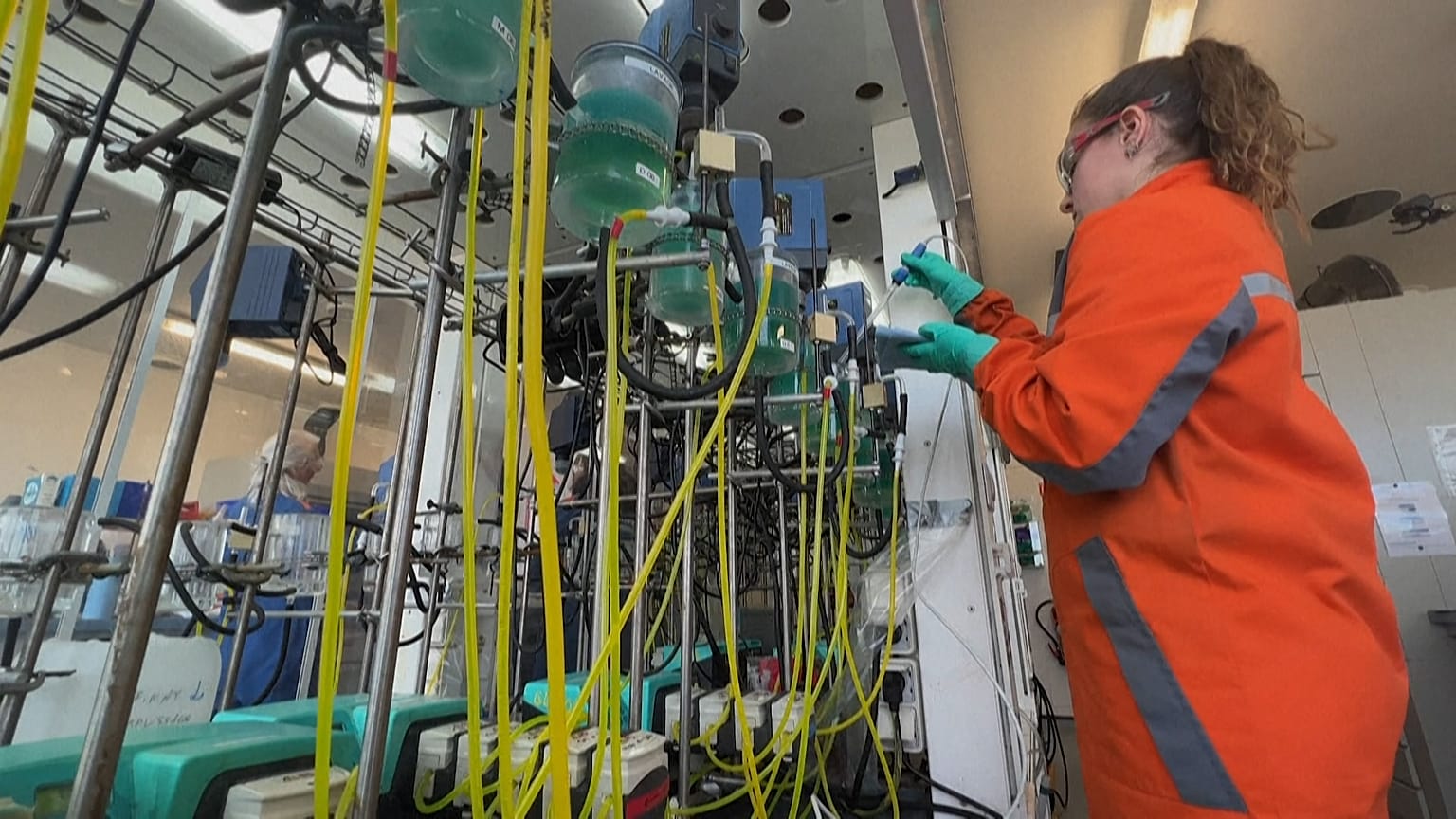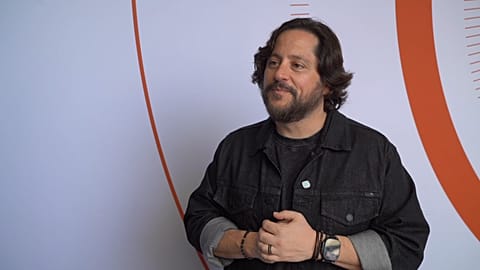‘Once we have brought the metals to Europe, it would be silly to send them back to manufacture new batteries abroad’.
As the whole of Europe moves towards the energy transition, French mining group Eramet is developing techniques to recycle critical metals used in electric cars.
 ADVERTISEMENT
ADVERTISEMENT
 ADVERTISEMENT
ADVERTISEMENT
The aim is to reuse metals such as nickel, cobalt and lithium to make new batteries.
It is all part of the effort to stick to The European Parliament’s new law banning the sale of petrol and diesel cars from 2035.
Why do we need to learn to recycle batteries?
Though many people consider electric cars as the future of environmentally friendly transport, the production of the batteries that power them is far from it.
Extracting lithium from the earth not only damages the land and soil which is being mined, but the process is also very water intensive.
Between that, global water shortages and the effects on those living close to the mines, the only winning party is the mining companies.
There are large natural deposits of lithium where the borders of Chile, Argentina and Bolivia meet. Roughly a quarter of this resource is stored in the Salar de Atacama salt flats in northern Chile.
The best way to produce lithium in this region is using evaporation pods. Using this technique requires a lot of water - around 21 million litres per day. Approximately 2.2 million litres of water is needed to produce one ton of lithium.
How do you recycle lithium batteries?
From their laboratory in Trappes, northern Paris, Eramet has been working on a process to recycle batteries.
The group also operates the largest manganese mine in the world in Gabon, and produces nickel in New Caledonia and Indonesia. They plan to extract lithium from geothermal sources in Alsace by the end of the decade, and in Argentina next year with a Chinese partner.
Though they continue to plan new extraction plants to meet demand, they are looking for ways to reduce the amount of new metals that need to be produced.
“Unlike the fuel burned by heat engines, these metals are 95 per cent recyclable”, assures Frédéric Martin, director of the Battery recycling project at Eramet ideas.
First, the scientists crush the old batteries into a powder known as ‘black mass’.
This dark mixture is made up of nickel, cobalt, manganese and lithium - all the metals needed to store and conduct electricity inside a battery. The next challenge is to separate them.
Project manager, Sophie Lebouil compares the ‘liquid-liquid’ separation technique to making a vinaigrette salad dressing.
“In the oil, you have a particular molecule, that we call an extractant molecule, which is going to capture the nickel only,” she explains.
“And then we are going to separate the two solutions. You will be left with a water-based solution that will contain the lithium and others.”
At the end of the process, the lab produces jars of battery-quality materials: green granules of nickel sulphate, copper red granules of cobalt sulphate and a white powder of lithium carbonate. All are ready to be sold and remade into batteries.
Is large-scale battery recycling possible in Europe?
Until now, no factory treated the black mass in Europe and it had to be exported abroad.
“Once we have brought the metals to Europe, it would be silly to send them back to manufacture new batteries abroad”, explains Julien Masson, director of strategy at Eramet.
In September, Eramet will launch its first pilot plant in Trappes - next to its laboratories - to test the processes that are being developed now for this "black mass".
Following continued research, Eramet is planning to open a battery recycling plant, in partnership with Suez, in northern France in 2027.
Eramet's ultimate goal is to process 50,000 tonnes of battery modules per year. That’s the equivalent of around 25,000 tonnes of "black mass", which will supply around 10 per cent of the European market for EV batteries, according to their calculations.
Watch the video above to learn more about the battery recycling process.

















